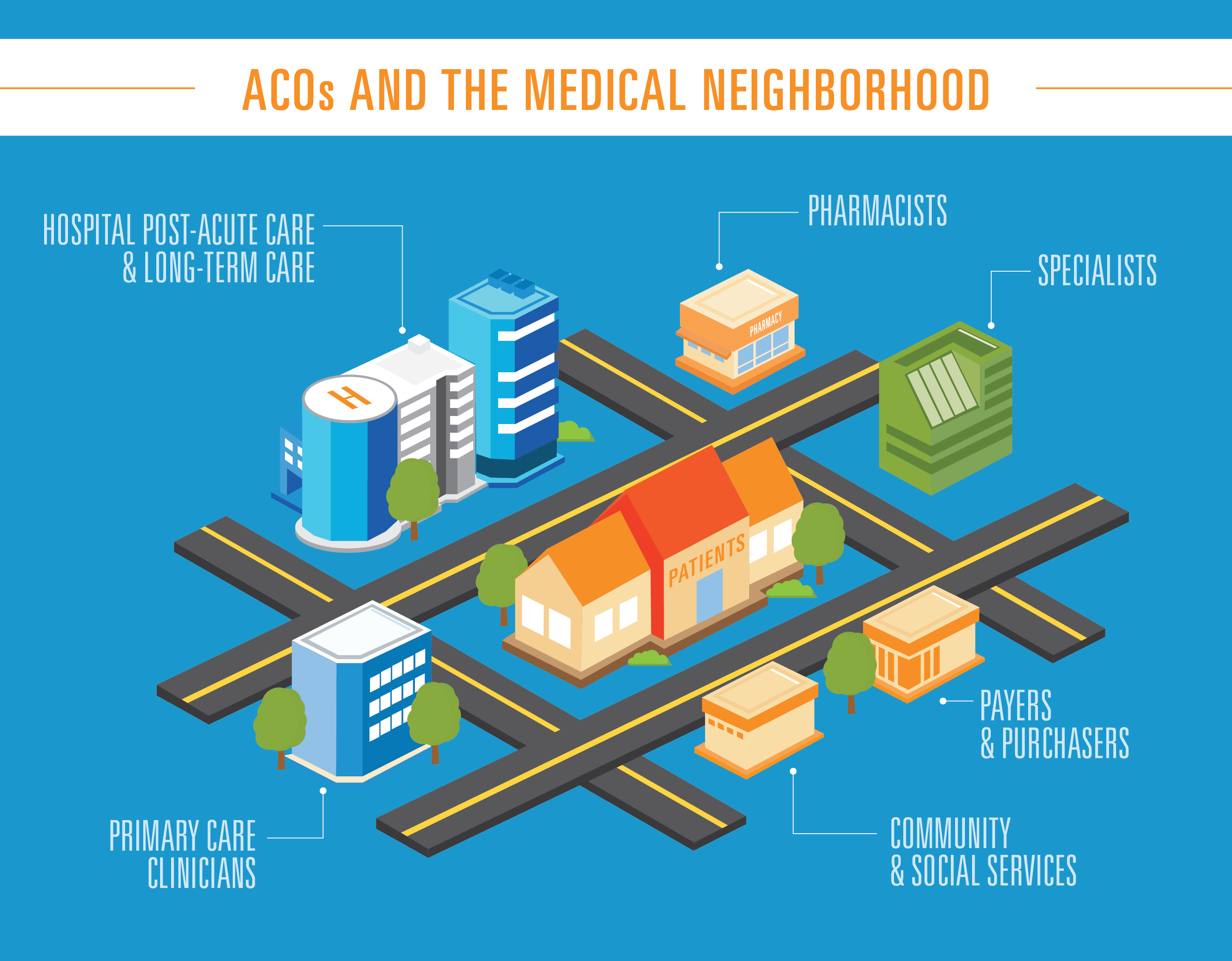
Meeting IVF Patient Safety Goals During a Pandemic

COVID-19’s physical effects aren’t the only way patients are suffering. The pandemic has touched every aspect of their lives, from not being allowed visitors to waiting hours for a bed. However, hospitals aren’t the only organizations that have had to make drastic changes. The IVF field has had its fair share of disruptions as well.
The fertility journey is already an emotional rollercoaster for many, and COVID-19 adds another layer to that distress. Defining new patient safety goals is key to running successful IVF clinics during the pandemic. It’s not just physical health that’s important, however. Financial and emotional health are equally as crucial when women and couples work towards a huge life change.
The silver lining? The pandemic has caused IVF professionals worldwide to rally together and build a better patient experience for growing families. During our webinar, “IVF in the Time of Covid-19,” Quality Reviews® CEO and Co-founder Edward Shin, MD chats with Alan Copperman, MD, Medical Director at RMA of New York. Dr. Copperman detailed how IVF during the pandemic has evolved in mere months.
Coping in the Beginning of the Pandemic
To set the stage, he detailed the beginning of the crisis, when the clinic shut down completely. “It’s hard to explain the angst that we [as healthcare providers] all felt every single day,” Dr. Copperman recalled.
During the shutdown, Dr. Copperman and his team used that opportunity to dig deep into research. “We’ve recently published [some data at The Society of Reproductive Medicine] that showed pregnancy rates were not affected in the middle of a pandemic, and miscarriage rates [did not] increase.” That was a relief to many IVF patients worldwide.
Once they opened their doors, they were eager to start working on their mission again. “That first test that came off the machine after we reopened–it was exhilarating,” Dr. Copperman recalled. “It just felt like somehow we were going to be okay and that we would be able to do what we want to do, which is to help families achieve their goals. . . . I get chills thinking about it.” To keep patients safe during the pandemic, Dr. Copperman and his team had to set a new standard for patient safety goals, summarized here:
Improving the waiting room experience
Many people are using this time as an opportunity to reevaluate their priorities and life goals, which can include building a family. However, it’s essential that IVF patients stay safe while embarking on their fertility journey. “Waiting rooms in IVF centers traditionally have been a mosh pit where hundreds of people congregate in the morning, practically sitting on the floor,” Dr. Copperman said. They needed a complete overhaul.
Luckily, RMA moved quickly to improve their safety operations. “In partnership with Quality Reviews®, [we have] a text messaging system,” Dr. Copperman mentioned. “We only see eight patients for 15-minute time slots. They wait outside of our building here on Madison Avenue, and they get a text message saying, ‘It’s time to come up for your appointment.’” Q-Notify, a patient flow management solution, ensures that there are as few people as possible in the clinic at a time while allowing them to serve a high volume of patients safely. The product enables RMA to keep the patient intake process safe and convenient.
Simplifying the check-in process gave the RMA team and patients peace-of-mind as the pandemic continued. “People aren’t sitting next to each other in the waiting room, there is no social crowding, and we have a chance to disinfect the room between patient encounters,” Dr. Copperman said. “We certainly wouldn’t want a waiting room to become a super-spreader event in the middle of this pandemic.”
Managing the emotional impact
Like in most healthcare fields, COVID-19 has caused many emotional hurdles in the IVF world. For example, many women aren’t allowed to have their partner in the room for big moments, like the first ultrasound to hear the baby’s heartbeat. “We have [partners] on Facetime or Zoom–not holding their hands. We’ve had miscarriages that the partners were not in the room for, which is devastating,” Dr. Copperman recalled. The loneliness and isolation during these significant steps in the fertility journey can hurt women’s mental health, so IVF professionals need to have a plan to keep the IVF experience as emotionally healthy as they can.
Fortunately, RMA has an excellent staff to care for the patients’ mental well-being. “My nurses are wonderful, hugging and supporting [patients],” Dr. Copperman said. “I think we all try to be there and are empathic as a profession. We’ve been the support system on the ground because patients weren’t able to bring in their family.” With this personal touch, the RMA team can feel confident they are providing a strong patient experience during such challenging times.
Using patient experience surveys to promote safety
Surveys are an essential part of any patient safety goals-setting exercise. RMA gathers real-time results to improve their processes as soon as they notice an issue.
“Every single patient who comes into the office gets a text message [survey] through Q Reviews,” Dr. Copperman said. With the real-time patient data they gather, they can act quickly to perform service recovery and strengthen their safety measures.
Checking survey results is part of Dr. Copperman’s daily routine to stay ahead of any potential problems. “Every single morning, that’s how I get up. . . . . The push comes through with every review we had gotten the day before,” Dr. Copperman mentioned. “I look at them, and I triage the request. If it turns out someone was unhappy, we initiate a service recovery.” In their Q-Reviews® survey, RMA asks about office cleanliness, patient-doctor interactions, wait times, and more to get an idea of how safe a patient feels during their visit.
“We also collect the data on a daily, weekly, or monthly basis, and we look for trends,” said Dr. Copperman. Analyzing the data over time provides RMA with a full picture of how emotionally and physically safe each patient feels after every modification they make to their operations.
Frustration can hurt a patient’s emotional state, especially as they undergo such a psychologically difficult journey. Dr. Copperman said, “If it turns out the waiting time is too long, the front desk wasn’t receptive, or there is a certain doctor that doesn’t introduce him or herself, we hear about it . . . that day so we can put out a fire, learn, and become better doctors. It has transformed the experience.” High standards for patient safety goals and well-being translate to increased patient loyalty and a better reputation.
A bright future ahead
Dr. Copperman ended the webinar on a hopeful note: “I’ve been inspired by how collaborative we’ve become as a [field], sharing best practices. [I get] all night long text messages from colleagues around the world about what is the right disinfectant and when it’s going to be safe.” Whatever happens next in the fertility field, IVF patients can rest assured that many healthcare professionals around the world are working hard to ensure patient safety from all angles.








